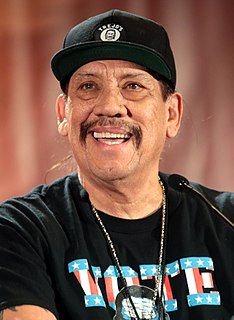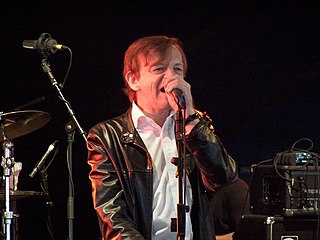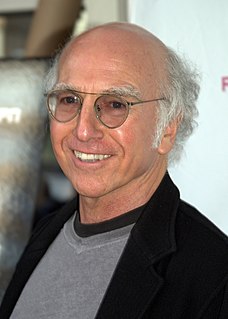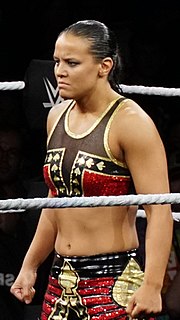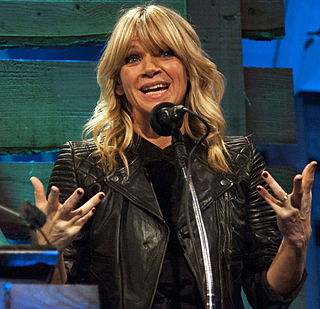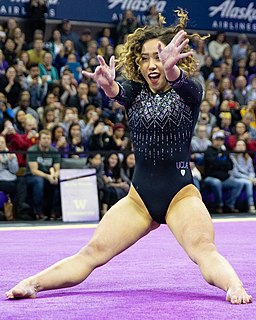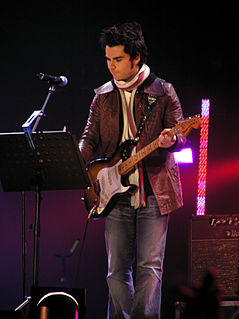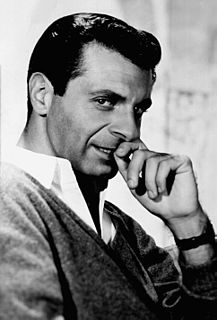A Quote by Tim Minchin
It's about the audience - if they laugh and clap, you feed off that, and if they don't, you doubt everything you've ever done.
Related Quotes
When you're doing comedy on stage, it's great because you have the audience there and they're like another actor in the scene. You feed off of them, laugh. But in film when everyone's quiet, it's all about timing. But the key to that is to be authentic. Be in the moment, and if you play the moment truthfully, the humor will be there.
In the vast majority of movies, everything is done for the audience. We are cued to laugh or cry, be frightened or relieved; Hitchcock called the movies a machine for causing emotions in the audience. Bresson (and Ozu) take a different approach. They regard, and ask us to regard along with them, and to arrive at conclusions about their characters that are our own. This is the cinema of empathy.
It's so much better for me to do a talk show. You still have that energy of the audience, and the audience is just as important as that guest that's sitting next to me. It's not about me and that guest exchanging energy and talking. It's about everything that's going on in that room, and they're as much a part of the show as anything. I like this better than anything I've ever done.
An audience will let you know if a song communicates. If you see them kind of falling asleep during the song, or if they clap at the end of a song, then they're telling you something about the song. But you can have a good song that doesn't communicate. Perhaps that isn't a song that you can sing to people; perhaps that's a song that you sing to yourself. And some songs are maybe for a small audience, and some songs are for a wide audience. But the audience will let you know pretty quickly.


